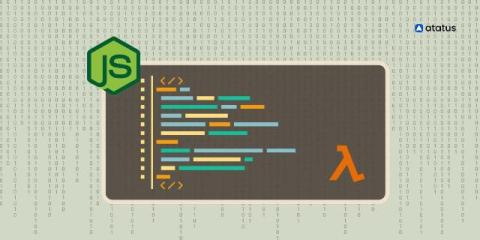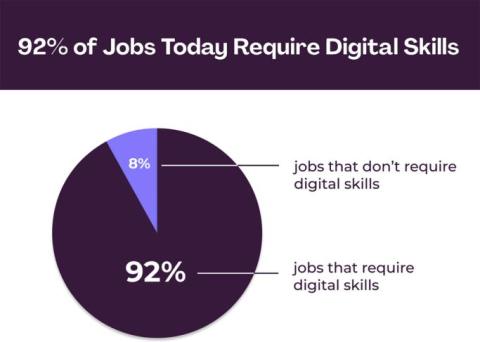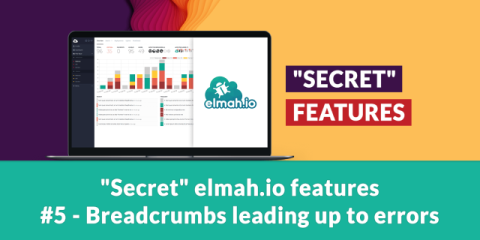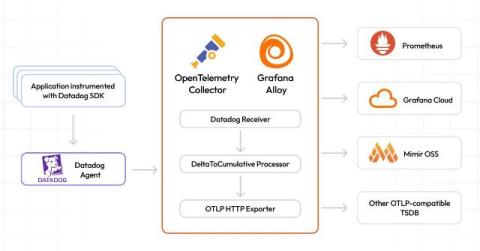Unlocking the Power of Data: How a Data-Driven Approach Fuels the Path to Autonomic IT
As technology evolves and IT systems become too complex for humans alone to manage, enterprises need to work towards an autonomous business model. This state – known as “Autonomic IT” – unlocks the transformative potential of automation and generative AI to help businesses resolve issues faster, minimize customer interruptions, and drive innovation. However, achieving an Autonomic IT state is not a simple plug-and-play process. It is a gradual evolution, a journey.











